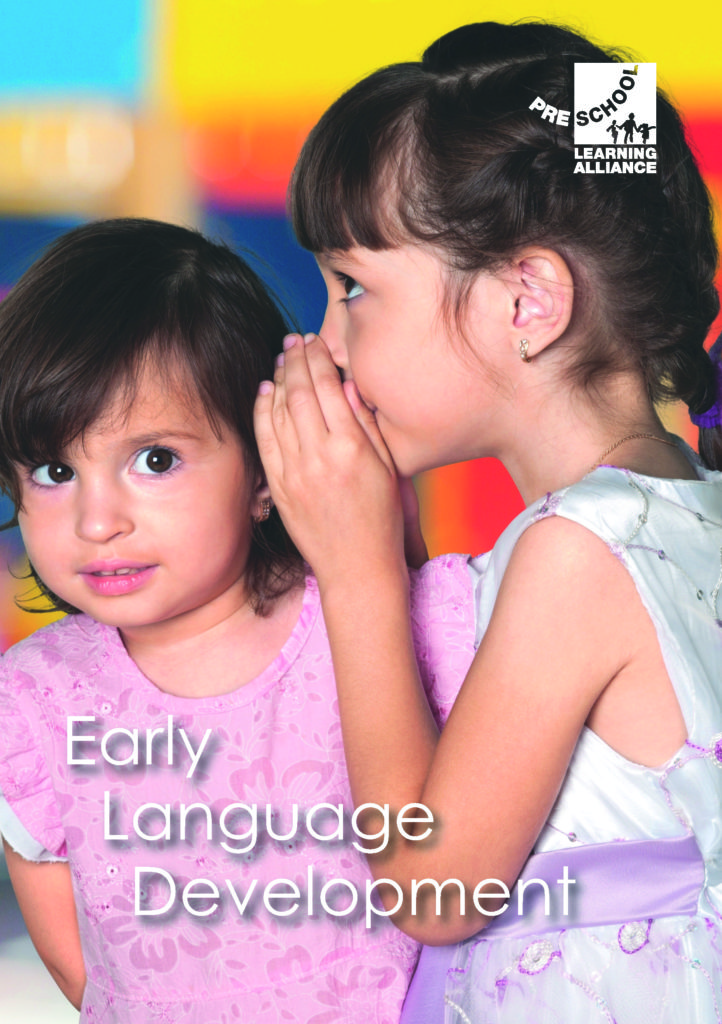 Communication and speech in the early years is important and this great book gives plenty of tips and information on how to get the most from children. It has great information from recent studies and experts. Perfect for parents, teachers, or anyone else who works with young children. We highly recommend this book.
Communication and speech in the early years is important and this great book gives plenty of tips and information on how to get the most from children. It has great information from recent studies and experts. Perfect for parents, teachers, or anyone else who works with young children. We highly recommend this book.
New Pre-school Learning Alliance publication Early Language Development explores research techniques into communication development in very young babies, and even the developing foetus.
Language development represents a massive leap in learning over a relatively short period of time; from no discernible language at birth to functional verbal conversations by the age of three.
Researchers have plotted the course of children’s communication development from birth to adulthood so that we have a clear idea of what typical development looks like, however we still know little about how babies take their first steps towards language learning, and how the brain begins to adapt from what seems like a ‘blank slate’ at birth to an organ capable of processing the complexities of spoken language.
In recent times, research techniques have been developed which allow us new and sometimes surprising insights into communication development in very young babies, and even the developing foetus. This book uses these findings to provide what is perhaps a less familiar perspective on language development, and to reflect on how new research findings can inform how we support language learning.
Early Language Development considers babies’ first steps in language learning and explores the music of language, which includes the use of pitch, rhythm and intonation, on their journey to access the structure and meaning of the languages they are exposed to.
Interaction with adults and other babies is looked at as they move from adult initiated exchanges to their own attempts to begin a ‘conversation’. It will support parents to develop an understanding of some of the complexities of learning language and to use this knowledge to reflect on and identify ways in which babies’ and toddlers’ language development can best be supported within early years settings. The impact of high exposure of screen-based technology on language development is also scrutinised, with guidance on what action practitioners can take to minimise any detrimental effects.
Michael Freeston, quality improvement director, Pre-school Learning Alliance, said, ‘Communication and language is one of the most important aspects of learning; in its own right and also as a foundation for children to develop in all other areas.’
FURTHER INFORMATION
Early Language Development (Price for Alliance members: £11.55; Price for non-members: £16.50)
How to order:
T: 0300 330 0996
ABOUT THE ALLIANCE
- The Pre-school Learning Alliance is the largest and most representative early years membership organisation in England. A registered educational charity, it also provides high-quality affordable childcare and education to support children and families in areas of deprivation throughout the country.
- The Alliance represents 14,000 member settings and supports them to deliver care and learning to more than 800,000 families every year. We deliver family learning projects, offer information and advice, produce specialist publications, run acclaimed training and accreditation schemes and campaign to influence early years policy and practice.
- The Alliance website is www.pre-school.org.uk
